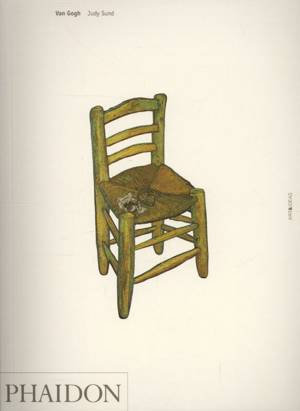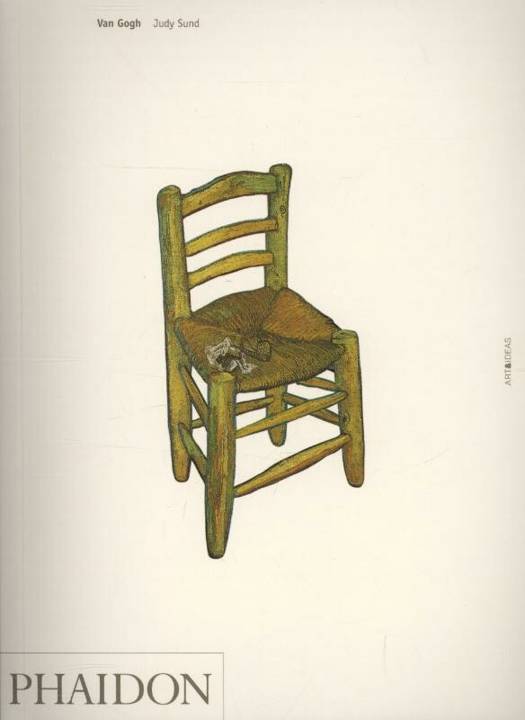
- Retrait gratuit dans votre magasin Club
- 7.000.000 titres dans notre catalogue
- Payer en toute sécurité
- Toujours un magasin près de chez vous
- Retrait gratuit dans votre magasin Club
- 7.000.0000 titres dans notre catalogue
- Payer en toute sécurité
- Toujours un magasin près de chez vous
Description
Vincent van Gogh (1853-90) became, in the century following his death, an individual of undisputed universal acclaim. His brief but astoundingly eventful life has inspired the scrutiny of other painters, film-makers, psychologists and novelists, and his personal celebrity outstrips even the substantial fame of his works.
While the popular appeal of such pictures as Sunflowers or Starry Night resides in their seemingly emotion-fuelled spontaneity, they are in fact the products of a reflective and idea-driven man who was profoundly interested in and inspired by all manner of literary, musical and artistic sources. Spanning his early work in the Netherlands, the formative years in and around Paris, and the intense, vibrant studies of peasants and the countryside of the South of France, this survey makes extensive use of Van Gogh's own correspondence to illuminate his artistic development and the personal vision that lies behind his work. The result is a balanced and sensitive account of this most innovative and influential of artists.
Spécifications
Parties prenantes
- Auteur(s) :
- Editeur:
Contenu
- Nombre de pages :
- 352
- Langue:
- Anglais
- Collection :
Caractéristiques
- EAN:
- 9780714840840
- Date de parution :
- 18-11-02
- Format:
- Livre broché
- Format numérique:
- Trade paperback (VS)
- Dimensions :
- 161 mm x 220 mm
- Poids :
- 684 g

Les avis
Nous publions uniquement les avis qui respectent les conditions requises. Consultez nos conditions pour les avis.






